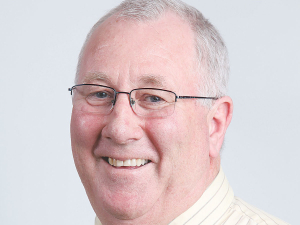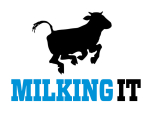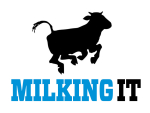Speaking at the listed milk company's annual meeting this month, McGilvary says candidates are being considered by the board's nominations committee, comprising Ruth Richardson, Paul Washer and himself.
McGilvary told shareholders that he will keep the role of caretaker chair until they can find an independent director who can become chair.
"We are absolutely determined to find a strong chair with the necessary experience and skills to lead us through this very challenging time and back into growth again," he says.
"We will not sacrifice quality for speed."
McGilvary says once the chair-elect is appointed, he will decide the optimal time for that person to take the chairmanship. McGilvary will return to his role as independent director once the new chair takes office.
"I will remain in this role to provide necessary leadership and stability until then."
For 12 months ending July 31, 2023, Synlait reported a net loss of $4.3 million. Total group revenue was down 3% to $1.6 billion, and debt was up 21% to $413.5m.
McGilvary described the performance as "simply unacceptable".
"Synlait's performance, being blunt with you, was simply unacceptable. Suffice to say, the board and management are more than disappointed with the results, and we are determined to do better."
He says as interim chair he will be focusing on four areas: strengthening the balance sheet to reduce debt, strengthening operational performance, working with management to build key customer and farmer supply relationships, and retaining and motivating executives and staff.
On reducing debt, McGilvary noted that Synlait was working on several options to reduce debt profile, including the sale of Temuka-based butter and cheese maker Dairyworks. This is a priority, and the sale process is "well advanced". The company has also agreed with its banking syndicate to reduce debt by $130m by March next year.
Synlait is “looking hard” at its bond maturing in December 2024. “Plans for this are also being developed at pace,” he says.
The company is also holding its capital expenditure this year to an absolute minimum.
McGilvary noted that despite the need to reduce debt and strengthen its balance sheet, Synlait was in better shape today that it was two years ago.
“We also delivered some significant wins in 2023,” he says. These include the launch of Joyhana UHT whipping cream in China and ramping up production at its Pokeno site for its advanced nutrition business. Synlait also completed regulatory approvals from China for manufacture and export of infant nutrition products.
Touching on Synlait’s frosty relationship with a key shareholder and customer, a2 Milk, McGilvary says while the relationship had been challenging at times, “there’s an inherent logic in both companies working together”.
"I, in taking this role, am very determined to support that to the greatest extent I can.”
On sustainability, McGilvary says one of Synlait’s key competitive difference in the global market is not only its advanced nutrition technology but also its leading position on sustainability. Synlait is the only processor in NZ to have the B Corp certification, which it first received in June 2020.
He says holding B Corp certification demonstrates that the company has been audited to the very highest standards of social, environmental performance including public transparency and legal accountability. “It is the global gold standard for sustainability.”


















